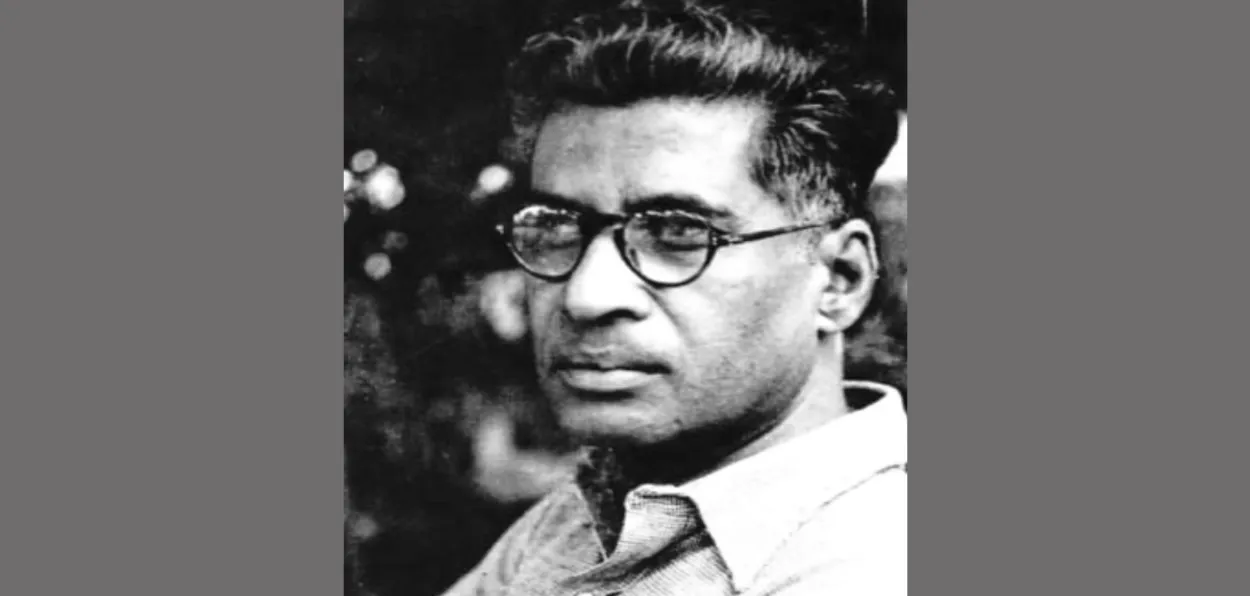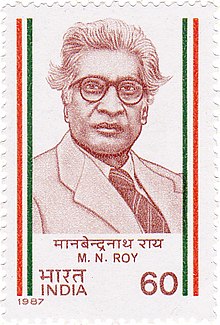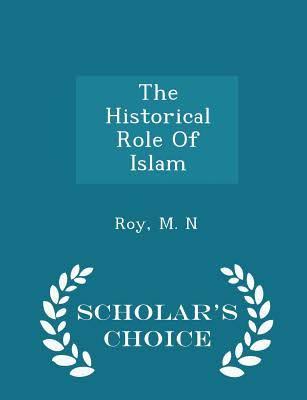
Saquib Salim
“Indeed, there is no other example of two communities living together in the same country for so many hundred years, and yet having so little appreciation of each other's culture. No civilized people in the world is so ignorant of Islamic history and contemptuous of the Mohammedan religion as the Hindus. Spiritual imperialism is an outstanding feature of our nationalist ideology. But this nasty spirit is the most pronounced in relation to Mohammedanism. The current notion of the teachings of the Arabian Prophet is extremely ill-informed. The average educated Hindu has little knowledge of, and no appreciation for, the immense revolutionary significance of Islam, and the great cultural consequences of that revolution. The prevailing notions could be laughed at as ridiculous, were they not so pregnant with harmful consequences. These notions should be combated for the sake of the national cohesion of the Indian people as well as in the interest of science and historical truth.”
A Slice of History
Manabendra Nath Roy (M. N. Roy) wrote this in the introduction of his book, The Historical Role of Islam. The book was published in 1937 shortly after Roy came out of jail after six years' imprisonment for his role in the Indian revolutionary movement. Roy is considered to be one of the tallest revolutionary figures of the Indian Freedom Struggle. He also played an important role in the formation of the Communist Party of India before parting his ways with the communist movement.
In 1936, when Roy came out of jail, communal problems in India were the biggest challenge in front of the nationalist leaders. Communal organizations were dividing the nation even before it could snatch freedom from British imperialism. Roy wrote this book as a suggestion to bridge the gap between Hindus and Muslims.
Roy believed that the general Hindu population had very little knowledge of Islamic history. This resulted in ill-conceived notions and hatred, which in turn was a roadblock to national integration.
 Postal stamp on M N Roy
Postal stamp on M N Roy
The book is written from the point of view of a progressive modern man who was born Hindu. Roy did not believe in the divine origin of Islam or the Quran. He wrote, “There was, however, nothing very extraordinary about the man (Prophet Muhammad) until he claimed the credit of divine revelation. The foundation of that dubious claim was no more or no less fictitious than in the case of the prophets, apostles, and saints of all other religions.”
Yet, Roy argued that Islam was a great social revolution of its time and should be respected as such. Once a ‘comrade’, Roy called Islam a great social revolution. He wrote, “Islam was a necessary product of history, - an instrument of human progress. It rose as the ideology of a new social relation that revolutionized the mind of man. But just as it had subverted and replaced older cultures, and decayed over time, Islam, in its turn, was also overstepped by further social developments, and consequently had to hand over its spiritual leadership to other agencies born out of newer conditions. But it contributed to the forging of new ideological instruments which brought about the subsequent social revolution. The instruments were experimental science and rationalist philosophy. It stands to the credit of Islamic culture to have been instrumental in the promotion of the ideology of a new social revolution.”
The Hindus, according to Roy, believed that Islam had its foundation in militarism. He contradicted the view. Roy notes, “It is a gross misreading of history to confound Islam with militarism. Mohammad was the Prophet not of the Saracen warriors but of the Arab merchants…. The temporal interest of the Arabian merchants required it (peace); for, trade thrives better under peaceful conditions. Since decayed states and degenerated religions bred the germs of continued wars and perennial revolts, their destruction was a condition for peace. The creed of Mohammad: made peace at home, and the martial valour of the Saracans conferred the same blessing on the peoples inhabiting the vast territories from Samarqand to Spain.”
 M N Roy's book on Islam
M N Roy's book on Islam
According to Roy when Muslim armies came to India they were not of these Arab revolutionaries but Turks, Persians, Tatars, etc. had taken over power from them. Yet, “the revolutionary principles of the days of its origin and ascendancy were still inscribed on its flag; and a critical study of history might reveal that the Muslim conquest of India was facilitated by similar native factors as in the case of Persia and the Christian countries. No great people, with a long history and old civilization, can ever succumb easily to a foreign invasion, unless the invaders command the sympathy and acquiescence, If not active support, of the masses of the conquered people. Brahmanical orthodoxy having overwhelmed the Buddhist revolution, India of the eleventh and twelfth centuries must have been infested with multitudes of persecuted heretics who would eagerly welcome the message of Islam.”
Concluding his book, Roy gives a solution for the Hindu-Muslim unity in India. He writes, “A critical Investigation of the internal as well as the external causes of the Muslim conquest of India is of practical value today. It will remove the prejudice that makes the orthodox Hindu look upon his Muslim neighbor as an Inferior being. Freed from preconceived ideas, the Hindus will be in a position to appreciate the constructive consequences of the Muslim conquest of India. That will enable them to live down the hatred of the conquered for the conquerors. Unless a radical change of attitude is brought about by a sober sense of history, the communal question will never be solved. The Hindus will never be able to look upon the Muslims as integral parts of the Indian nation until they come to appreciate the contribution they made towards the emergence of Indian society out of the chaos caused by the breakdown of the antique civilization.”
Roy had advice for Indian Muslims as well, “On the other hand, few Muslims of our days may be conscious of the glorious role played on the stage of history by the faith they profess. Many may disown and repudiate the rationalism and skepticism of the Arabs as deviations from the teachings of the Koran… Islam still exercised a certain revolutionary influence on Hindu society. The Mohammedan power was consolidated in India not so much by the valour of the invaders' arms as owing to the propagation of the Islamic faith and the progressive significance of Islamic laws.”
In Roy’s view, Muslims should understand the real social meaning of their religion and Hindus have to understand the historical role it has played.
In 1937, demand for Pakistan was still more than a couple of years away and Muslim League was not yet a major force in Indian politics. Hindu-Muslim riots were weakening the national movement.
ALSO READ: When Indian CEC Sukumar Sen conducted elections in Sudan
Roy wrote off the book with the words, “Learning from the Muslims, Europe became the leader of modern civilization…Unfortunately, India could not fully benefit from the heritage of Islamic culture, because she did not deserve the distinction. Now, in the throes of a belated Renaissance, Indians, both Hindus, and Muslims, could profitably draw inspiration from that memorable chapter of human history. Knowledge of Islam's contribution to human culture and proper appreciation of the historical value of that contribution would shock the Hindus out of their arrogant self-satisfaction, and cure the narrow-mindedness of the Muslims of our day by bringing them face to face with the true spirit of the faith they profess.”
